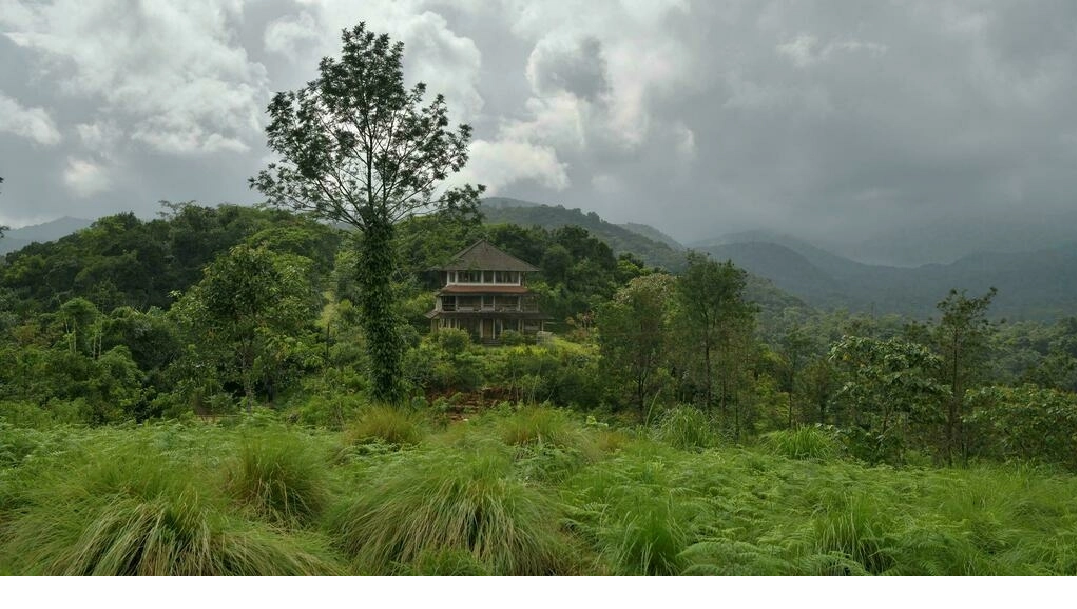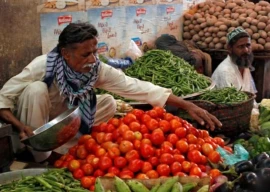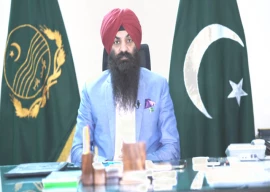
Speakers have said that climate change is not simply a carbon issue, but one that impacts biodiversity, water, livelihoods and the economy.
They said that fragile to the effects of climate change, Pakistan must act now to adapt and protect its frontline communities and its economy.
They were speaking at a session titled ‘Glasgow and Beyond: Securing a Climate Resilient Future’, organised by WWF-Pakistan, in collaboration with the Pakistan Boy Scouts Association (PBSA).
The aim of the session was to highlight the issues being discussed at COP26, the global climate change conference underway in Glasgow, and deliberate on what the ongoing discussions and decisions mean for Pakistan; one of the top ten countries vulnerable to the effects of climate change.
Moderated by Dr Imran Saqib Khalid, Director Governance and Policy, WWF-Pakistan, the diverse panel included Annabel Gerry, Country Director for the Foreign, Commonwealth and Development Office (FCDO) UK, Hammad Naqi Khan, Director General, WWF-Pakistan; Assistant Professor, University of Peshawar Dr Asif Khattak, climate expert Kashmala Kakakhel and climate activist Anam Rathor.
The discussion revolved around the topography and micro-climatic zones in Pakistan, greenhouse gas emissions and their link to temperature rise, climate change as a social justice issue and possible actions, including highlighting frontline communities, climate finance, etc.
The experts stressed the fact that despite contributing one per cent to global emissions, Pakistan is extremely vulnerable to the effects of climate change, which impacts livelihoods and communities. For Pakistan, this means that ‘adaptation’ is the challenge, which requires a complete overhaul of the system.
Hammad Naqi Khan said that the issue could not be ignored anymore. For environmental organizations like the WWF, this means working with the most vulnerable communities, including farmers, fishermen, etc to build their capacity and help them adapt to challenges.
“For us, climate change is water change. Our economy depends on water. More than 90 per cent of the freshwater available to us is used for agriculture, whereas the remaining is utilized in industries or domestic use. We are already a water-stressed country, and with changing monsoon patterns and the growing demand for water from all these sectors; there is an urgent need to change agricultural practices and develop and implement policies that address the challenges we are beginning to face,” he said.
Talking about a multi-faceted approach to tackling the problem, Annabel Gerry said that “we need young people, civil society, academics, government and the private sector to play their roles so that research can be translated into policy and implemented accordingly”.
She went on to speak about how the FCDO has changed its approach from a humanitarian response around climatic catastrophes towards focusing on building resilience and how communities respond to them. “The challenge will be to keep this momentum going after COP26, but there is ground for optimism as all stakeholders are now taking this issue seriously.”
Published in The Express Tribune, November 6th, 2021.


1723278472-0/BeFunky-collage-(4)1723278472-0-165x106.webp)


1719564405-0/BeFunky-collage-(19)1719564405-0-165x106.webp)












COMMENTS
Comments are moderated and generally will be posted if they are on-topic and not abusive.
For more information, please see our Comments FAQ